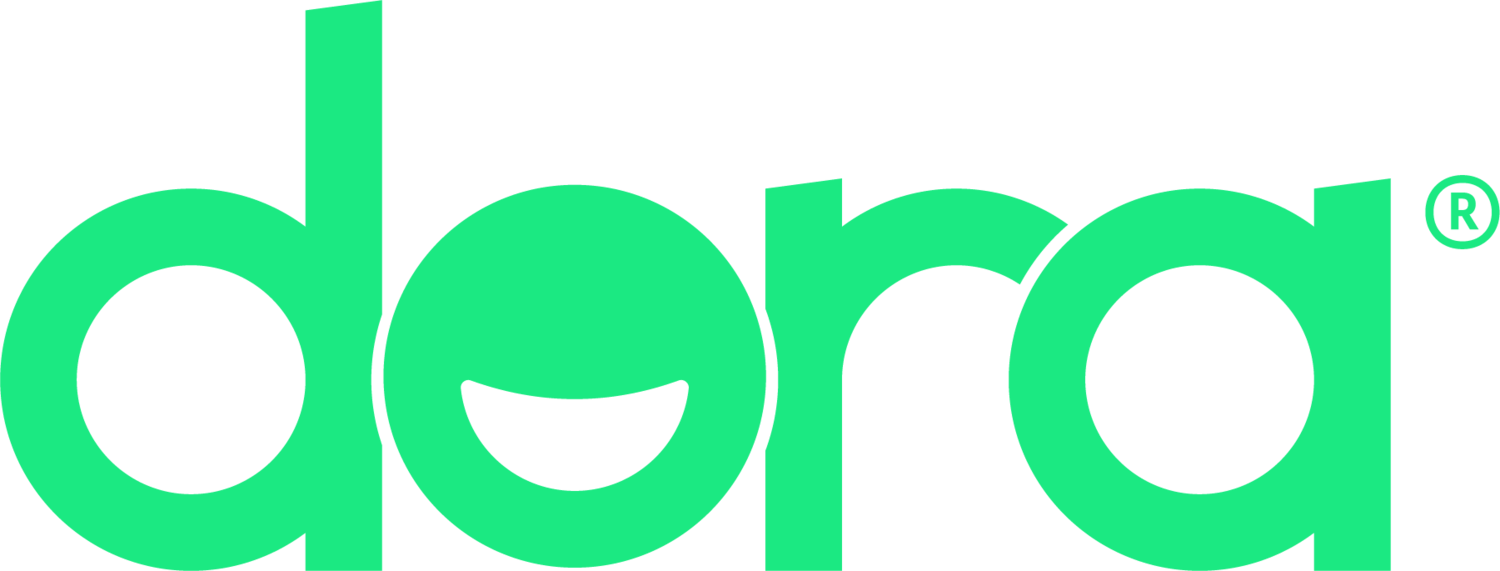Banks and Credit Unions: What's the Difference?
Deciding to open a bank account is an essential step towards financial literacy. But deciding where to stash your cash is another step that can't be overlooked. It's important to know your options and the differences between the competing two, banks and credit unions.
Here's what to consider about the two types of financial institutions:
Banks
-Anyone can open an account at a bank. If you open an account at a bank, you are viewed as a customer and don’t need affiliation or membership.
-Banks are insured by the Federal Deposit Insurance Corporation (FDIC) up to $250,000, an independent federal agency that keeps your money safe.
-Shareholders, not the customers, own banks. The shareholders buy stock in the bank and expect to profit from their investment through the fees and rates customers, aka you, pay.
-Banks usually have a greater reach and can offer more locations and ATMs. Large banks can be found in many places, making it convenient for customers to travel. Access to bank services is usually more significant in terms of hours of locations, including evenings and weekends
Credit Unions
- Membership is needed to open an account at a credit union. This membership is based on meeting eligibility requirements such as employment or education at specific companies, schools, or organizations; live, work, etc.
-Credit unions are insured by the National Credit Union Administration (NCUA) up to $250,000, and this is another independent federal agency that keeps your money safe.
-Cooperative means better, more affordable and personalized service. When it comes to reach, while credit unions may not have as many branches or ATMs in your local area as those big corporate banks, USALLIANCE Financial, like many other Credit Unions, participate in ATM and brand-sharing networks
-One of the most important factors is that Credit unions are member-owned and member-operated. So what does that exactly mean?
As a member of a Credit Union, you're also an owner/shareholder. Without outside shareholders or investors trying to maximize profits at the expense of our members, we can conduct business based on what we believe is in the best interest of our members.
This means cheaper or no fees, lower interest rates, and much more.
Overall, credit unions are usually known for providing better customer service, while large national banks tend to have stricter rules and less flexibility in decision-making.
Now that you're up to speed on the differences between a credit union and a bank, choosing where to keep your money is up to you.
At Dora, we pride ourselves on being backed by four excellent credit unions. USALLIANCE Financial, Affinity Plus Federal Credit Union, Service Federal Credit Union, and Digital Federal Credit Union. As an account holder with Dora, you get four times the credit union magic because of this. We have no minimum fees, a two-day early deposit, the same deposit insurance coverage, and superior digital service.
Are you thinking about opening a Bank Dora Everyday Checking Account? Head to Google Play or the Apple Store on your mobile phone and fill out the application today!

